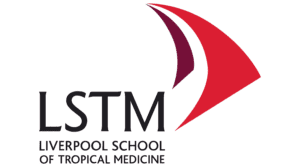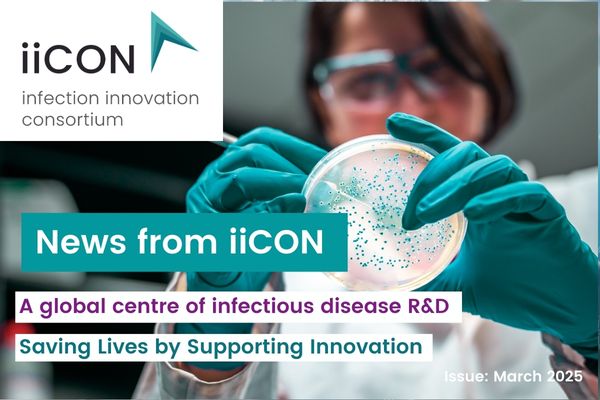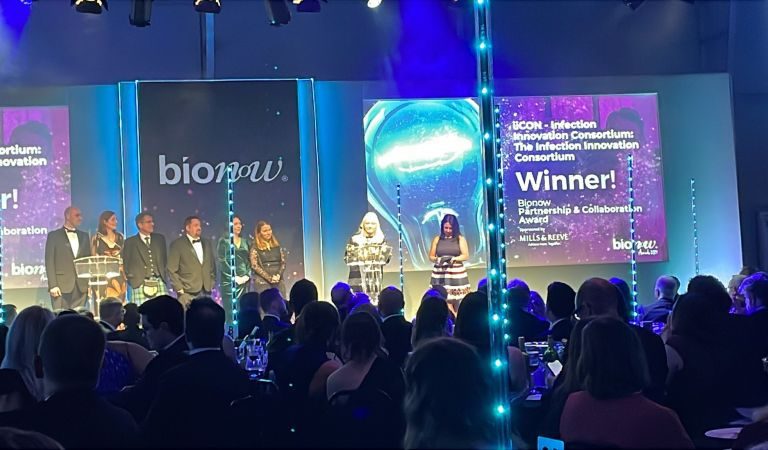- Join the Innovation Journey
- Our Platforms
iiCON investigates efficacy of advanced medical cleaning process

iiCON: Infection Innovation Consortium has worked in close collaboration with Alphasonics, an ultrasonic cleaning specialist headquartered at Knowsley Business Park, to assess the effectiveness of its advanced cleaning systems.
Founded in 1993, Alphasonics designs and manufactures patented ultrasonic cleaning systems for a variety of purposes including in the surgical, print, aerospace and electronics sectors.
Alphasonics’ propriety systems utilise cavitation, the application of sound into water, to achieve a high standard of cleanliness. One of the main applications for this technology is to clean surgical instruments.
Alphasonics previously used protein analysis to measure the efficacy of this approach. However, a method was required that would visually demonstrate the results and confirm the in-house protein analysis.
To achieve this, the Open Innovation Hub for Antimicrobial Surfaces at the University of Liverpool obtained high magnification images using scanning electron microscopy (SEM) to investigate the efficacy of Alphasonics’ procedure for removal of protein coatings. In addition, Energy X-Ray Analysis (EDX) was used to identify the elemental composition of observed defects or artefacts on the surface.
The SEM high-resolution images and data for soiled and cleaned material compiled during the project indicated that the ultrasonication cleaning process results in a largely clean surface and that SEM images of the soiled and cleaned material are comparable to new and ultrasonication-cleaned ones.
David Jones, Managing Director at Alphasonics, said: “Alphasonics have been developing this innovative technology for the decontamination of surgical equipment since 2013. Our in-house research includes protein analysis and although this is a perfectly acceptable method of validating our technology, the work conducted by the Infection Innovation Consortium has gone into much more depth than we could possibly hope to achieve.
“iiCON’s work not only supported our own research, but also confirmed our claims that Medstar technology removes protein to an extremely low level. Having assistance from iiCON has been invaluable to an SME such as Alphasonics, as scientific research at this level can be limited for small businesses due to financial or resource constraints. We are thankful for the support from iiCON in validating our technology and helping us in our mission to ensure the thorough decontamination of reusable surgical and robotic instruments.”
Dr Lisa Baldwin, iiCON’s Senior Business Development Manager, said: “Contamination is a critical issue in any healthcare environment and with medical equipment, procedures and facilities becoming ever more complex and multi-faceted it’s essential to have specialists such as Alphasonics working to minimise contamination risks.
“This study is a great example of how iiCON’s programme brings together multiple academic and industrial partners to provide SMEs with expertise, technologies and capabilities that they otherwise wouldn’t be able to access. We’d strongly encourage other companies working on infection control measures to get in touch to discuss a similar collaboration for their products.”
Professor Rasmita Raval, Director Open Innovation Hub for Antimicrobial Surfaces, said: “Alphasonics’ cleaning technology is a great example of the innovative work being done in the Liverpool City Region to achieve a higher standard of infection control in the medical sector.
“This project demonstrates how advanced research techniques can help our innovative regional companies to assess and develop technologies for surface sterilisation and hygiene. We look forward to working with other Merseyside SMEs, helping them take their product analysis to the next level with advanced surface testing technologies.”
This project was part funded by the European Regional Development Fund (ERDF) programme: Formulated Materials for Infectious Disease Prevention. This programme offers a minimum of 12 hours bespoke R&D support for eligible companies in the form of a grant. This support can lead to long-term transformative gains for SMEs – with expert help and advice on offer to secure further funding and link to our wider network.
iiCON’s ERDF SME Support programme works with eligible SMEs from Liverpool, Sefton, St Helens, Wirral, and Knowsley – to find out more about how your business could benefit, contact Louise Dolan at iicon@lstmed.ac.uk





